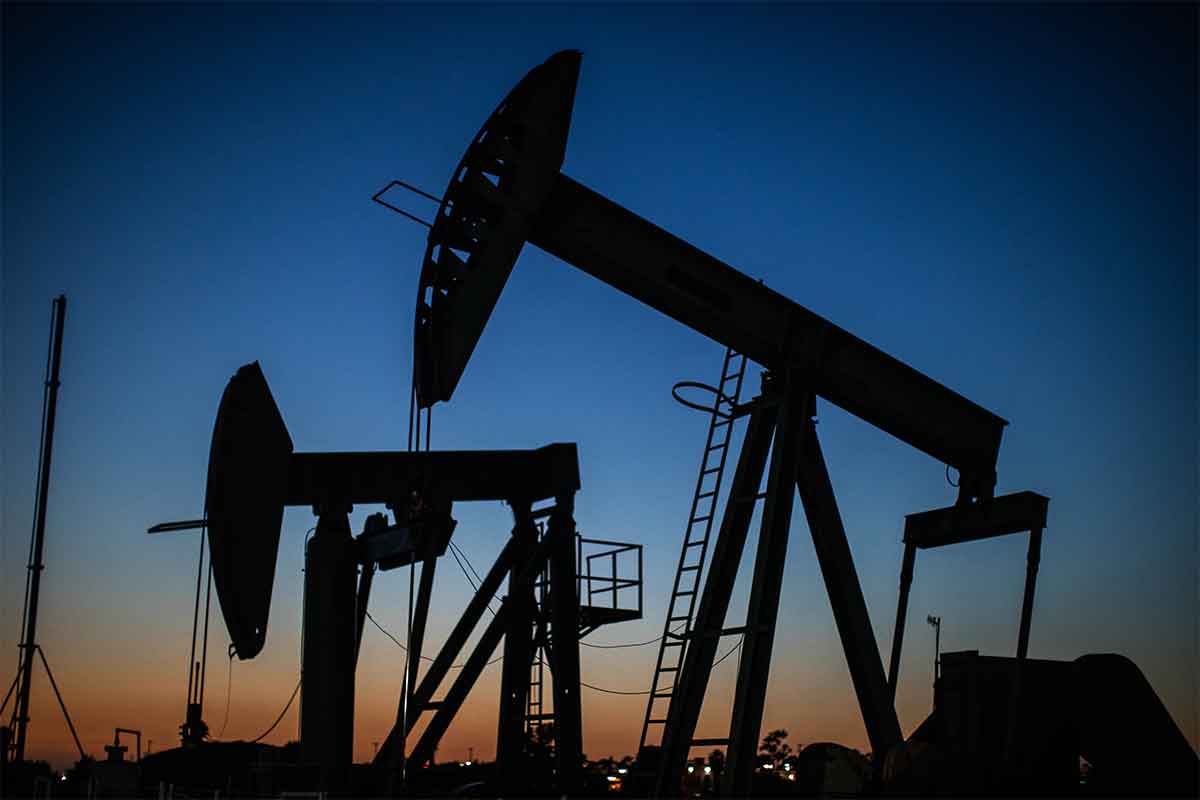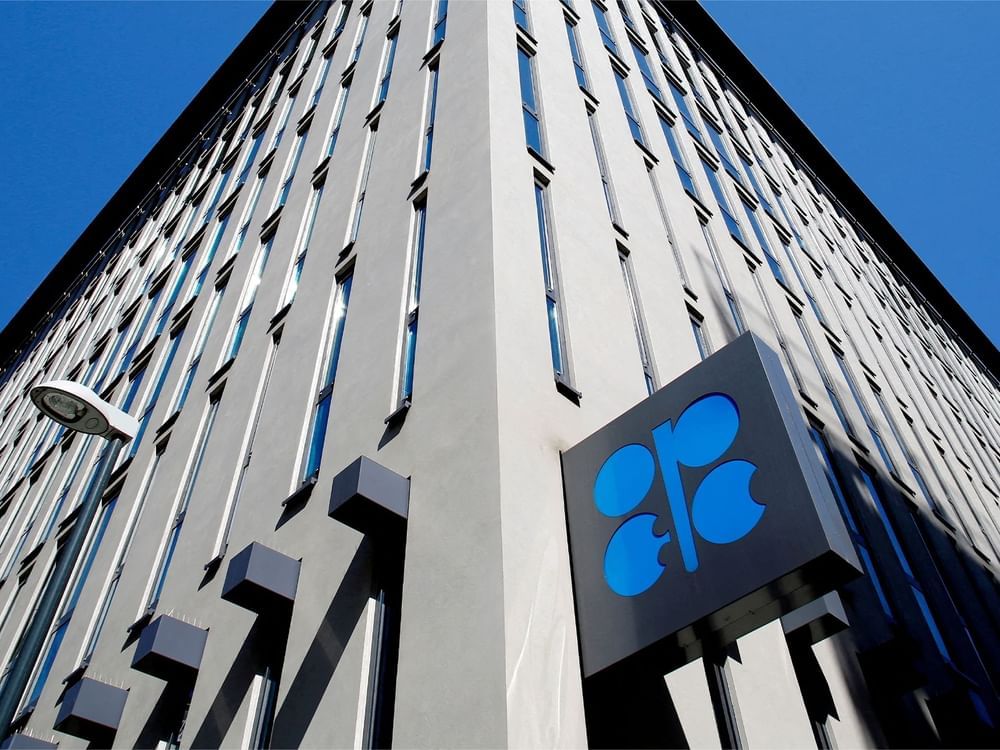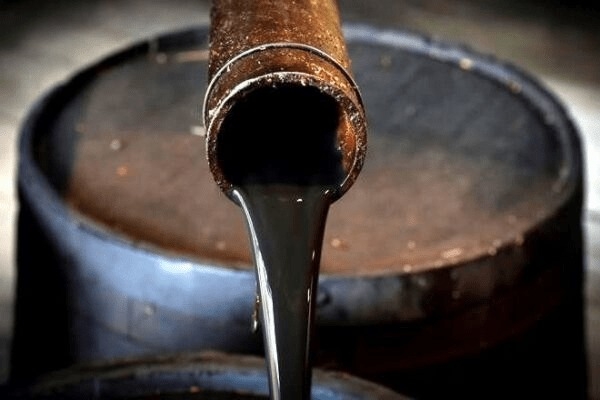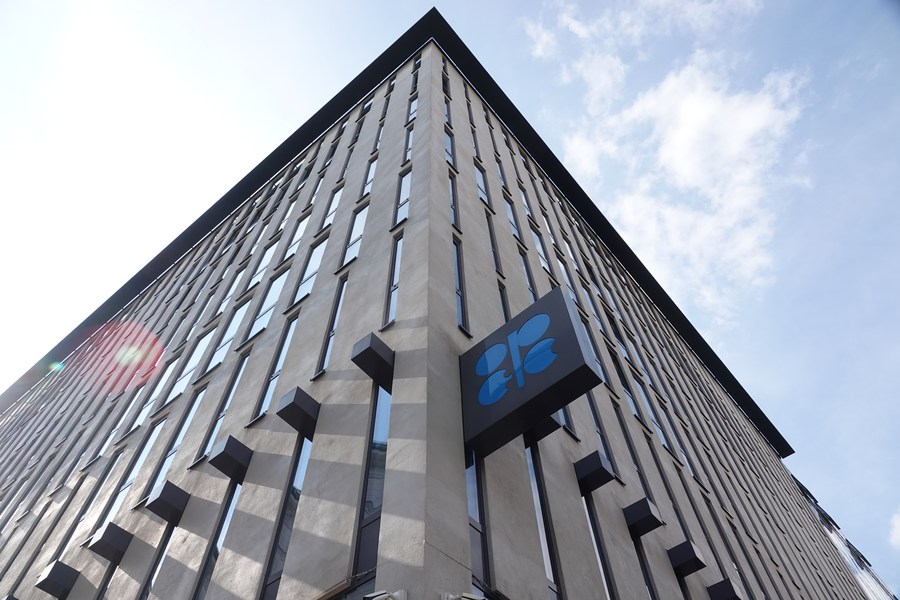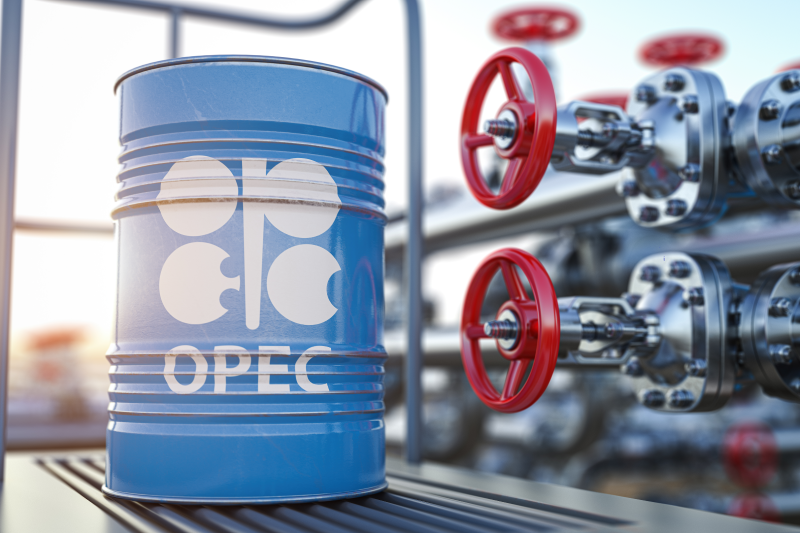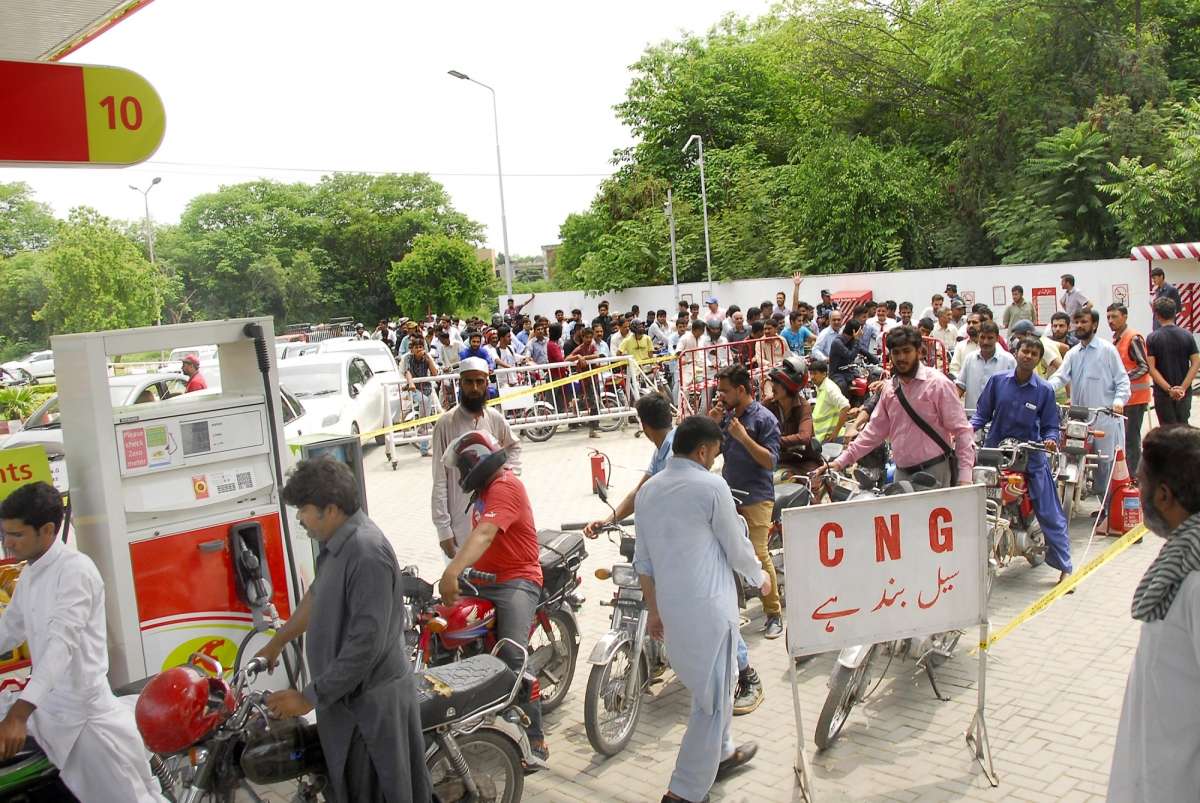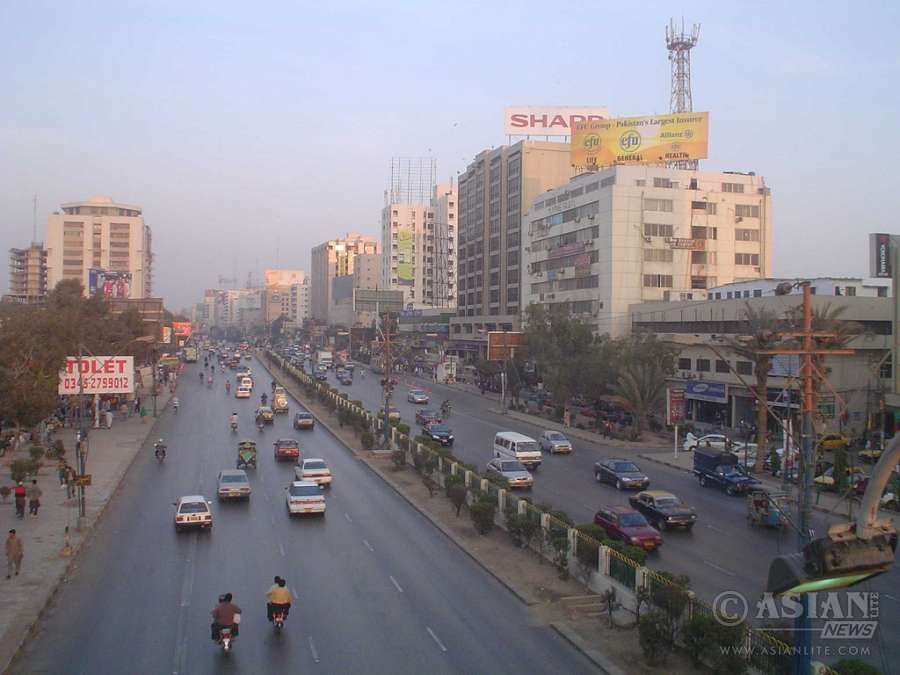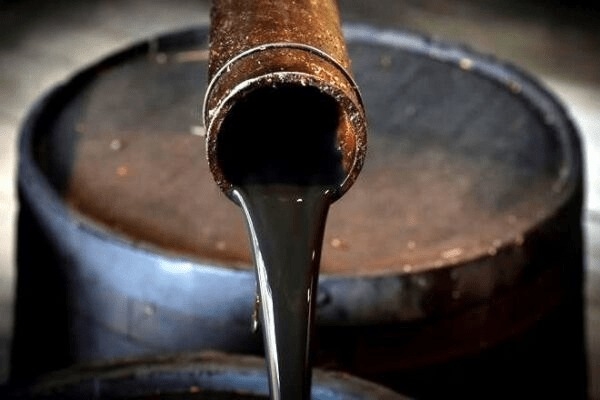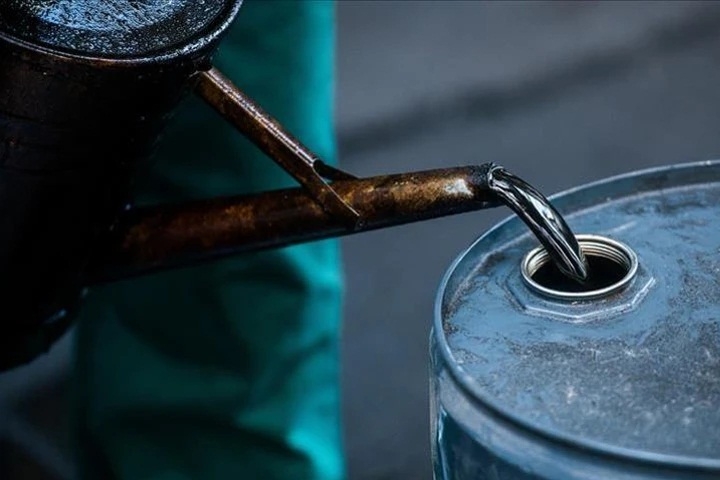The benchmark Brent crude price rose to around $90 a barrel U.S. West Texas hovered at around $85 a barrel…reports Asian Lite News
Oil and gold prices have jumped amid reports of Israel launching a missile attack against Iran raising fears of escalating geopolitical tensions that could disrupt crude shipments. Oil prices surged by $3 a barrel in the international market on Friday.
The benchmark Brent crude price rose to around $90 a barrel U.S. West Texas hovered at around $85 a barrel. The price of Brent crude had fallen to around $87 per barrel on Wednesday following higher US inventories and the decline in Chinese demand due to a slowing economy. The gold price often rises at times of uncertainty as it is seen as a safe investment, BBC reported. US media reports on Friday said that Israeli missiles had hit sites in Iran.
The attack was reported to be in retaliation to Iranian drone attacks on Israel carried out earlier. However, Iran denied reports of the Israeli missile attack and claimed that the explosions heard were from the firing of its air defence systems. Since India imports over 85 per cent of its crude oil requirement, a sharp increase in global oil prices could lead to an increase in the country’s oil import bill and weaken the rupee due to the larger outgo of foreign exchange.
The cheaper purchase of oil from Russia has helped India to reduce its oil import bill by 16 per cent to $132.4 billion for the fiscal year 2023-24 from $157.5 billion spent in the previous year. The total quantity of oil imported in 2023-24 was 232.5 million metric tonnes (MMT) compared with 232.7 MMT in 2022-23 which is more or less the same level. Xxx UK sanctions Iran’s military figures, entities The UK has announced sanctions on a further seven individuals and six entities who it said “enabled Iran to conduct destabilizing regional activity, including its direct attack on Israel”.
Prime Minister Rishi Sunak said on Thursday that the UK has sanctioned the ringleaders of the Iranian military and forces responsible for the April 14 attack, Xinhua news agency reported. Iran has said the attack was in retaliation for Israel’s strike on Iran’s consulate building in Damascus, Syria, on April 1. The sanctioned individuals and entities are subjected to asset freeze, with a concurrent imposition of a travel ban targeting the individuals under sanction. This adds to the 400-plus sanctions already imposed on Iran, the UK government said in a statement. Previous sanctions include the Islamic Revolutionary Guard Corps (IRGC) in its entirety and many of those allegedly responsible for the attack on Israel. The decision by UK follows European Union decision on new sanctions targeting Iran for the direct attack on Israel. The EU has decided “to put in place sanctions against Iran”, European Council President Charles Michel told reporters in the early hours of Thursday morning after the first day of a two-day summit. “The idea is to target the companies that are needed for the drones, for the missiles,” he said. Further details are to be finalized, he added. “The European Union will take further restrictive measures against Iran, notably in relation to unmanned aerial vehicles (UAVs) and missiles,” the EU leaders’ statement said.
The EU summit on Wednesday and Thursday was originally meant to focus on the bloc’s economy and its competitiveness. But rising tensions in the Middle East pushed the economic discussion into the second day’s agenda. EU leaders appealed for calm as Israel weighed a response to the drone and missile attack from Iran on Saturday. German Chancellor Olaf Scholz had urged Israel not to retaliate against Iran with a “massive attack of its own” on his arrival. Scholz called on Israel to now use the successful defence against Iran’s missile and drone attack “to strengthen its own position in the entire region.” On this basis, “a corresponding military response would certainly not be appropriate,” he said. Iran said the drone and missile attacks were retaliation for the killing of high-ranking Iranian officers in a missile strike on Iran’s embassy in Syria at the start of the month. Sanctions may be imposed through a regime set up after Iran began supporting the Russian war on Ukraine by supplying Moscow with drones. These sanctions banned the export of components used for the construction and production of unmanned aerial vehicles to Iran, and may be expanded to make it harder for Iran to produce missiles. Calls from Israel to designate the Islamic Revolutionary Guard Corps (IRGC), the elite unit of the Iranian armed forces, as a terrorist organization are more difficult to meet.
The IRGC would first have to be prosecuted by a national authority for terrorist activities under EU law to prompt this sanction. Scholz said however a recent court ruling in the EU, concerning the activities of the IRGC, is being examined by EU officials. This could open the way to a terrorist designation for the IRGC, Scholz said. Belgian Prime Minister Alexander De Croo said his country would support sanctions on the IRGC.

